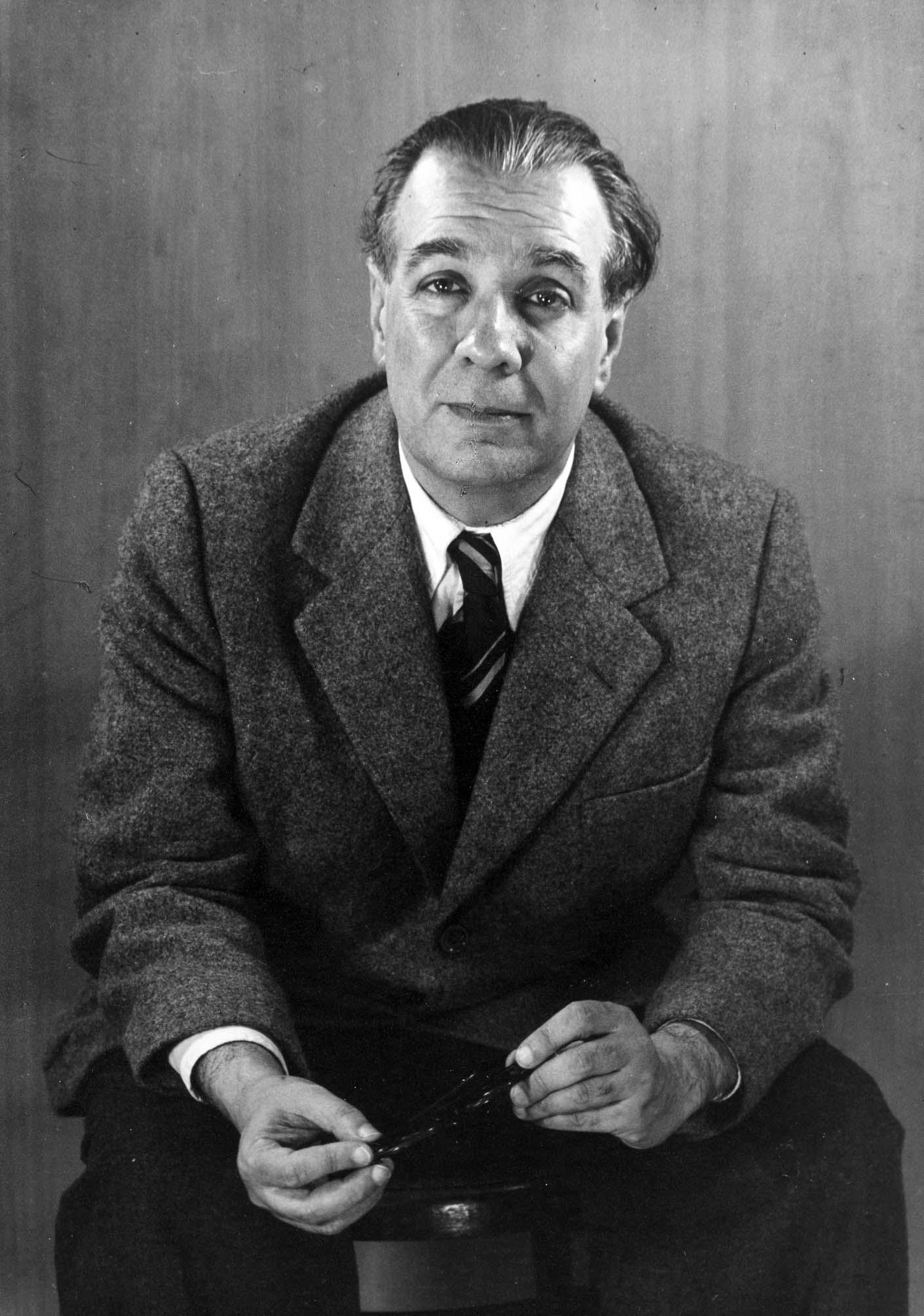 |
| This has been called the best book of 2013 |
In general I am not a huge short story fan. I find most to be lacking in actual story. A lot of writers devolve into telling only parts of a story. And the recent development of stories without endings only amplifies itself in the world of short fiction.
There are a few short works I really do love. Ursula K. Le Guin's The Ones Who Walk Away from Omelas is an obvious one. It is a beautifully told allegory of what it takes to live in society. It is harsh and deeply resonant the first time you read it and reach the point of the 'reveal' of the child shackled in the basement.
Jorge Luis Borges' The Garden of Forking Paths manages to make writing and books themselves events. They become trap and home. They are concept and enacting of concept. Similarly, Julio Cortazar's A Continuity of Parks manages the feat of making a reader turn in their chair at the last sentence to make sure they are not being watched.
There are, of course, Conrad's Heart of Darkness and nearly anything Flannery O'Connor produced is perfect.
One of the best images is in Charlotte Perkins Gilman's The Yellow Wallpaper. That of a person entering an image. And of course the subtle violence of Kate Chopin's Story of an Hour.
Newer up the chain of short works is Cesar Aria's Ghosts. It's 130 pages, but still short enough for my purposes. Stephen King's The Girl Who Loved Tom Gordon is probably his most affecting short works, though King is a very good short fiction teller. A lot of his best work is in his many collections of short work.
Recently I have had the pleasure of reading new short fiction collections for Publisher's Weekly. One of them was good but not served by collecting the work together. The other was amazing, and held together perfectly as a work.
It got me thinking though, about the collected short fiction. Like a collection of poetry, it should cohere, but only just. You don't want 30 works all on one topic. Unless they are 30 very different takes. You also don't necessarily want a collection of 30 works that seemingly have no relation. It is a fine line.
For my money, I want a collection that becomes a sum of parts. I want a feeling of narrative to form, however loose or tenuous. I want a progression. Otherwise what is the point of collecting them together? Save the giant collected that have only you in common for late in life. Give me a feeling, a concept, a place/time. This speaks to my problem with short works in general. I want them to fit in to a larger picture. I want a grand narrative. I want cover to cover. If I don't get that I don't understand why I couldn't just have read it on some website or in a magazine.

No comments:
Post a Comment